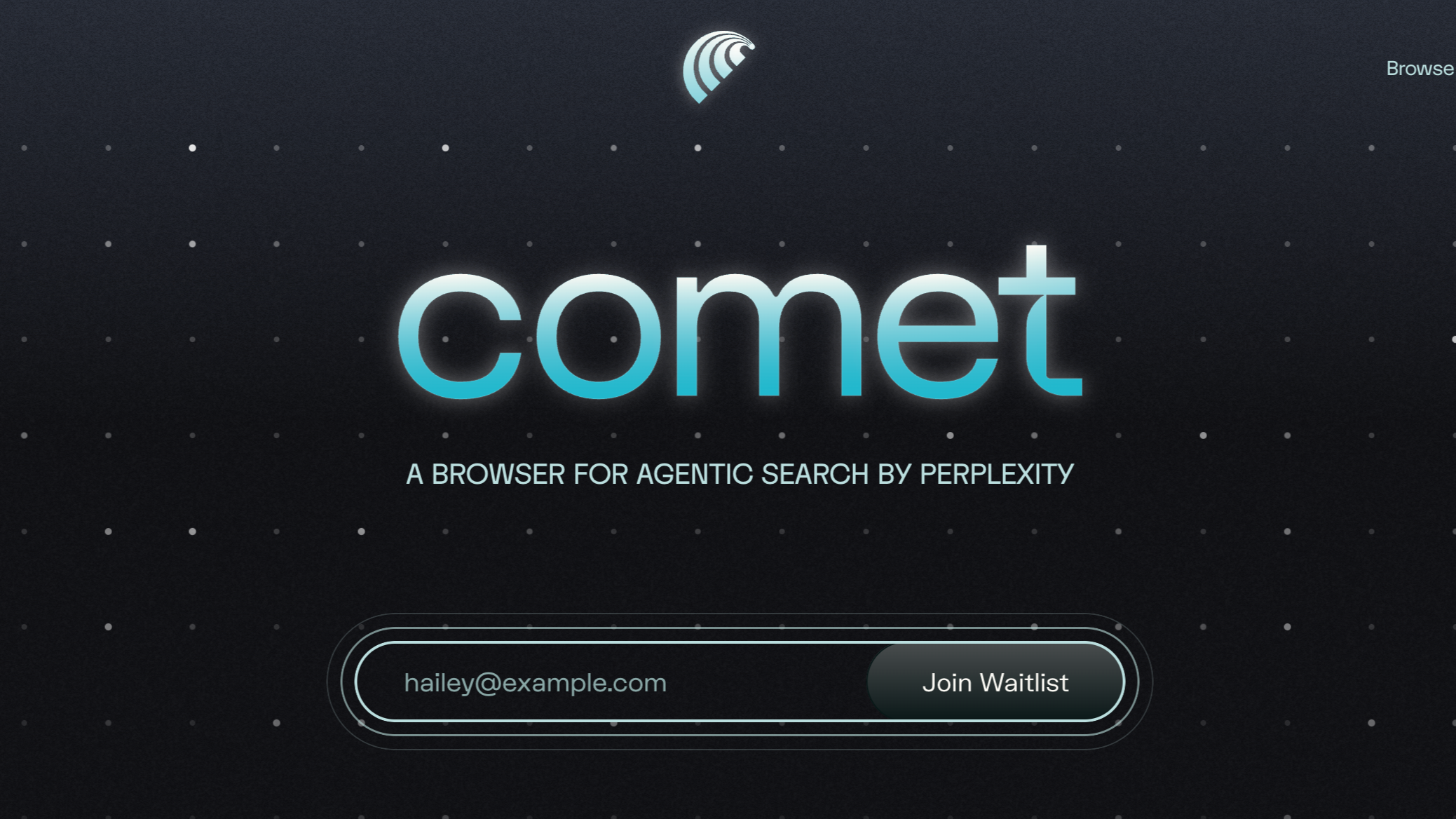Discover Comet: The Revolutionary AI-Powered Browser Transforming Your Internet Experience Today

Comet Unleashed: The Future of Browsing Powered by Perplexity
A New Era in Web Navigation
A significant shift in the browser ecosystem is underway as a new contender emerges with advanced, integrated intelligence at its core. The latest innovation, known as Comet, brings together the reliability of the Chromium engine with the capabilities of cutting-edge artificial intelligence. This debut ushers in a browsing experience designed to transform not just how the internet is accessed, but how tasks and information are handled within the browser environment.
Comet distinguishes itself by featuring an embedded assistant built right into the browser. Instead of merely facilitating page loading and tab management, this platform actively collaborates with the user—summarizing content, interpreting unclear passages, and translating languages as needed. Beyond basic utilities, the assistant is engineered to tackle sophisticated challenges. Whether it involves scouring online marketplaces for products, compiling relevant data, or automatically filling out lengthy forms, this intelligent agent operates seamlessly in real time.
The browser’s technical foundation rests on Chromium, thus ensuring compatibility with a vast array of modern web standards and extensions. This architecture enables effortless migration for newcomers, preserving familiar workflows while enhancing them with AI-driven features. In an era where privacy and efficiency are paramount, Comet deploys default ad-blocking, custom search technology, and multi-layered tracking controls—empowering users to tailor their own balance between productivity and confidentiality.
From Vision to Reality: Core Innovations and Strategic Positioning
Comet’s defining milestone is its move from concept to exclusive availability. Initially rolled out for a select group of premium subscribers, this strategy reflects a deliberate approach to refining the browser through direct engagement with the most demanding segment of users. This methodical introduction is set to give way to broader, no-cost access in the near future. By staging the release, the platform positions itself to integrate meaningful feedback, paving the way for robust, user-centered evolution.
The intelligence woven into Comet is not superficial. It interprets and interacts with content across the web, regardless of whether material resides in open tabs, collapsed windows, or embedded media like videos and documents. Notably, the assistant’s interactive prowess extends into integrated workflows with leading productivity tools. Tasks such as scheduling calendar appointments or retrieving correspondence from connected services become frictionless, reinforcing Comet as a unified digital workspace rather than a passive viewing portal.
With a hybrid processing approach that divides operations between local computation and secure cloud-based APIs, Comet enhances performance for both privacy-sensitive and resource-intensive tasks. Local data storage and customizable privacy settings empower users to manage their data contextually, addressing widespread concerns over tracking and exposure while still benefiting from the browser’s intelligent features.
Signals of Market Realignment: The Competitive Landscape
The broader significance of Comet’s launch is its role in energizing competition among technology developers traditionally focused on browsers. The dominance of long-standing market leaders is being challenged as new entrants emphasize intelligent automation, advanced search, and sophisticated integration. Several ambitious projects from a variety of players signal a growing appetite for reimagined browsing—ventures are appearing around the globe, each promising to reframe the traditional expectations of internet navigation.
At the same time, major technology corporations are amplifying their own approaches, embedding their proprietary artificial intelligence directly into established browsing platforms. This convergence of innovation reflects a renewed contest for user loyalty, one increasingly fought on the battleground of automation, ease of use, and contextual assistance. The emergence of Comet marks a pivotal moment in this renewed competition, as it sets out to redefine what productivity and access look like in the contemporary browser space.
For users, the arrival of Comet means more than incremental improvement. It represents a shift toward interactive solutions that anticipate needs, synthesize diverse sources of information, and automate routine actions—all within a secure, streamlined interface. The ability to harness these features without sacrificing user control or compatibility elevates the browser from a background utility to a truly adaptive digital partner. As the landscape evolves, observers and participants alike will be watching closely to see how this new model reshapes both personal and professional internet use.
